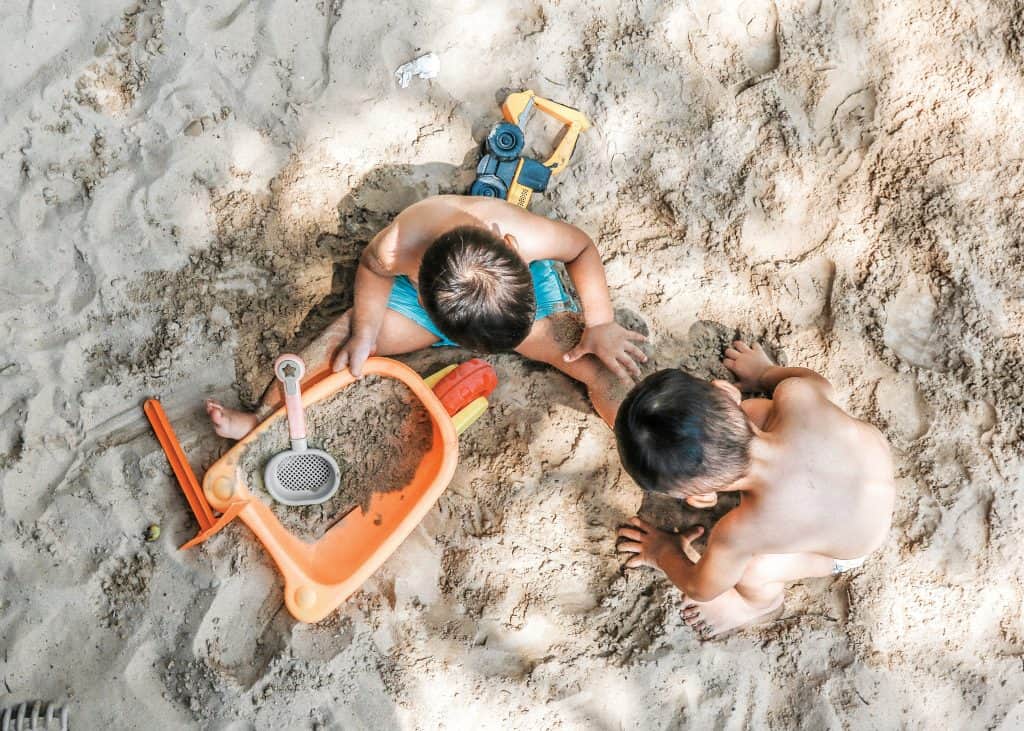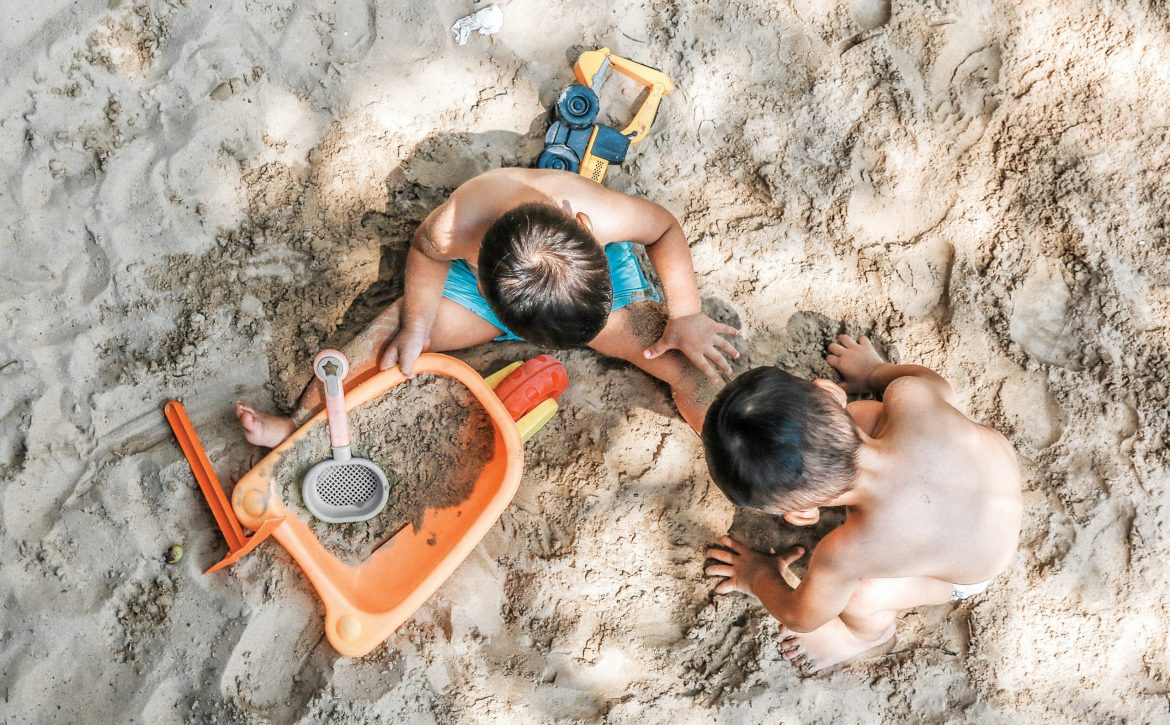How to Help Your Child Grow Social Problem Solving Skills

As a parent, watching your child play with others can be equally heartwarming and anxiety-provoking: We feel a swell of pride when our child offers a toy to another child, while we simultaneously wait with dread for the inevitable, cringe-worthy moment when they barrel through someone’s carefully built tower.
Children aren’t the only ones figuring out how to effectively solve social problems. Navigating relationships and social problems is hard for all of us — kids and adults. (Raise your hand if you’ve ever secretly wished you could react to your own social problems the way your child does, just letting it all out, yelling, hitting, etc.)
It should come as no surprise that children need help, practice, and compassion when it comes to helping them navigate social problem solving.
How Can Parents Support Their Children’s Social Problem-Solving Skills?
One way parents can help is by helping children recognize others’ emotions — in general and in the moment, as they play. We have to keep in mind that what seems obvious to us isn’t always obvious for children who are still learning to recognize others’ feelings. For example, children might need to be nudged to notice that their playmate is looking disappointed or frustrated; they might need a hint that their playmate is happy when their friend shares a toy with them.
Understandably, when our children find themselves in the thick of a social conflict, parents often feel compelled to quickly intervene to “solve” the problem.
Consider, instead, pausing and observing, providing just the right amount of help. This approach can empower children to reach resolutions on their own.
We can also practice engaging in cooperative play and problem solving at home. Make up a game with predetermined rules, play a board game, or work together to construct a castle with blocks. When a conflict arises, support your child’s emotional regulation by offering comfort or talking through it. And don’t be afraid to get silly and be the one to model various regulation and problem solving skills.
Finally, we have to remember that our children are constantly learning from how we solve problems in our own daily lives. They are watching, and if we lose our tempers — whether it’s with our partner, a store clerk, or an annoying spam caller — then we’re not setting our kids up for success.
At the end of the day, we are all human, and we will make mistakes. As a mom to two strong-willed preschoolers, this topic is very real to me. Even if you’re equipped with all the best advice and strategies in the world, I guarantee you that sometimes the best solution is to jus survive the moment! And that’s perfectly OK.

